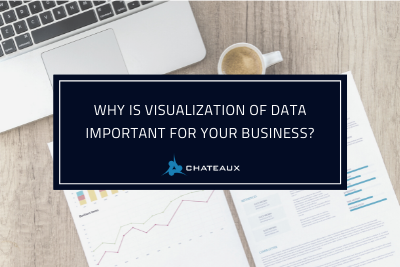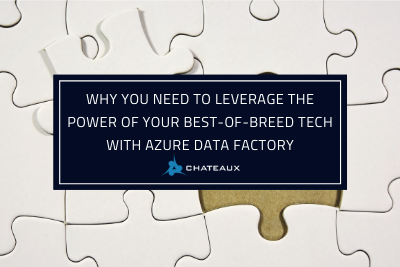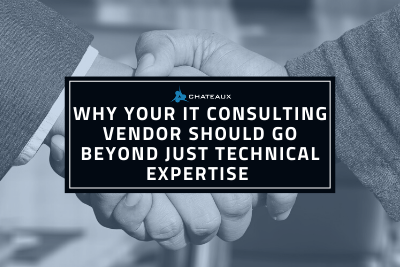Nick Kammerman predicts the possibilities for distributed ledger technology.
Blockchain has been a topic of discussion for a few years now. Although the concept of distributed ledger technology is not a brand-new idea, the uses for it are groundbreaking. We are all aware that cryptocurrencies, notably Bitcoin, thrust blockchain into the tech lexicon. However, many folks struggled with what to do with it…. that struggle continues.
People seem to want to embrace blockchain, but I am often confronted with the idea that “blockchain is a solution looking for a problem”. This is a fair statement but often comes from those who expect this to be this world-changing component. This is truly a situation of what lies in the eyes of the beholder. Blockchain is not something that you can hold in your hand and play with. It is simply an underlying technology that can give users transparency, security, and accountability. These are all great things to have, but they aren’t necessarily “fun.”
I recently spoke with Jerry Cuomo, IBM’s VP of Blockchain Technology, about this topic and how the current pandemic is impacting the technology. He told me he believes that this technology was created specifically for a moment like this.
Most of us are working remotely. We are still doing our best to continue to do our business, but the need to have trust in others is more important than ever. Blockchain has often been described as a way to have trust in a transaction when you cannot fully trust the other parties involved. Today, when we cannot cement a deal with a handshake (not that that would guarantee anything), we need to ensure safety in our transactions and blockchain can provide that for us.
Four Major Areas Ready for Blockchain
Blockchain is not everywhere…yet. But there are a few areas that could experience an unbelievable industry shift as this technology becomes more prevalent:
- Supply Chain Logistics
This area may be the biggest benefactor for blockchain technology. It is already being used in several areas including IBM’s Food Trust and by Honeywell for tracking used airplane parts. The reasoning for this is simple. Organizations need to follow the chain of custody of a product or supply. Theft, fraud, and acts of nature can have a major effect on the delivery of a particular good. So that these issues do not come as a complete surprise, blockchain allows that seamless tracking that all parties involved can rely upon. Expect to see blockchain become standard practice in supply chain technology in the years to come.
- Financial Transactions
The level of phishing scams and data breaches have become incredibly sophisticated. A scammer can present themselves as a bank or a player in a financial transaction, they can mimic the banking email, or even create a false portal where a user might think they are dealing with the real thing. This can cause some serious angst if you are looking to transfer any amount of money. Blockchain can help alleviate some concerns. The transaction can be trustworthy and transparent. It is also immutable, so if a nefarious action takes place somewhere, the parties involved can go back and see exactly where this issue originated. Scammers are not fans of blockchain.
- Real Estate Documentation
Historical documentation on a piece of property is always valuable for a buyer or seller. Changes to a building or property line disputes can be tracked and kept for reference. Insurance, title, deeds, permits, liens, and damages are all factors or components that help to complete the picture of a piece of property. Having this information being available, searchable, and unchangeable could have benefits for real estate agents, attorneys, assessors, inspectors… even the local governments.
- Electronic Voting
I truly believe that elections are the “white whale” for blockchain. Laws need to change to allow for electronic voting. But, as the constant debate about voter fraud and absentee ballots rages on, blockchain is the obvious solution. So many of the buzzwords come into play when discussing a voter’s ballot: secure, private, traceable, immutable. Blockchain offers these things for the elections. We are not there yet, but I believe there will be no greater usage for this technology than the eventual embrace by elections. Keep your eyes on this for the future!
Chateaux has an impressive portfolio of blockchain projects, including within the energy and entertainment industries. If you are looking for a blockchain solution, connect with us! Let’s see how we can work together.


